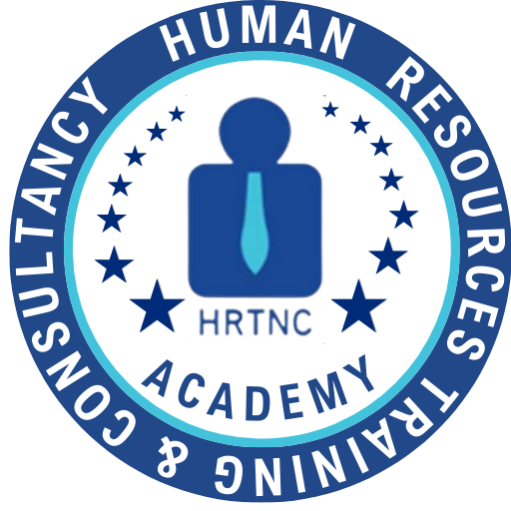As spring approaches, the world of recruitment gears up for an influx of interviews, onboarding processes, and the integration of soon-to-be graduates into the workforce. For HR professionals and recruiters, managing time effectively during this busy season is paramount. To ensure a seamless and efficient recruitment process, here are some time management techniques that can help HR professionals navigate the spring hiring surge with ease.
Prioritize and Plan Ahead
Begin by creating a comprehensive recruitment plan that outlines the key milestones and deadlines for each stage of the hiring process. Prioritize tasks based on urgency and importance. Breaking down the recruitment process into manageable steps allows HR professionals to allocate time efficiently and ensures that crucial aspects of the hiring process are not overlooked.
Utilize Applicant Tracking Systems (ATS)
Invest in and leverage the capabilities of Applicant Tracking Systems. These tools automate the hiring process by managing resumes, tracking candidate progress, and facilitating communication. By reducing manual tasks, HR professionals can save valuable time, enabling them to focus on building relationships with candidates and making informed decisions.
In the vibrant season of spring recruitment, time is both a valuable resource and a limited commodity. By adopting strategic time management techniques, HR professionals can not only navigate the busy hiring season efficiently but also ensure that the onboarding of soon-to-be graduates is a seamless and positive experience for both candidates and the organization.
Anonymous
Conduct Efficient Interviews
Streamline the interview process by adopting efficient techniques. Consider using video interviews, which eliminate the need for travel and allow for flexible scheduling. Develop standardized interview questions to ensure consistency across candidates, making it easier to compare their responses. Additionally, consolidate interviews whenever possible, minimizing disruptions to both the candidate’s and the interviewer’s schedules.
Establish Clear Communication Channels
Effective communication is key to managing time during the recruitment process. Clearly communicate expectations, timelines, and feedback to both candidates and internal team members. Utilize communication tools such as project management platforms and messaging apps to facilitate quick and transparent exchanges, reducing delays and misunderstandings.
Create a Talent Pipeline
Building a talent pipeline is a proactive approach to recruitment that can significantly save time during peak hiring seasons. Continuously engage with potential candidates, even if there are no immediate openings. This ensures a pool of qualified individuals who are already familiar with the organization, making the recruitment process more efficient when positions become available.
Delegate and Collaborate
Recruitment is a collaborative effort. Delegate tasks among team members based on their strengths and expertise. Collaboration not only ensures a smoother workflow but also allows HR professionals to focus on their core responsibilities. Encourage open communication within the team to address challenges promptly and share insights that may improve the overall recruitment process.

